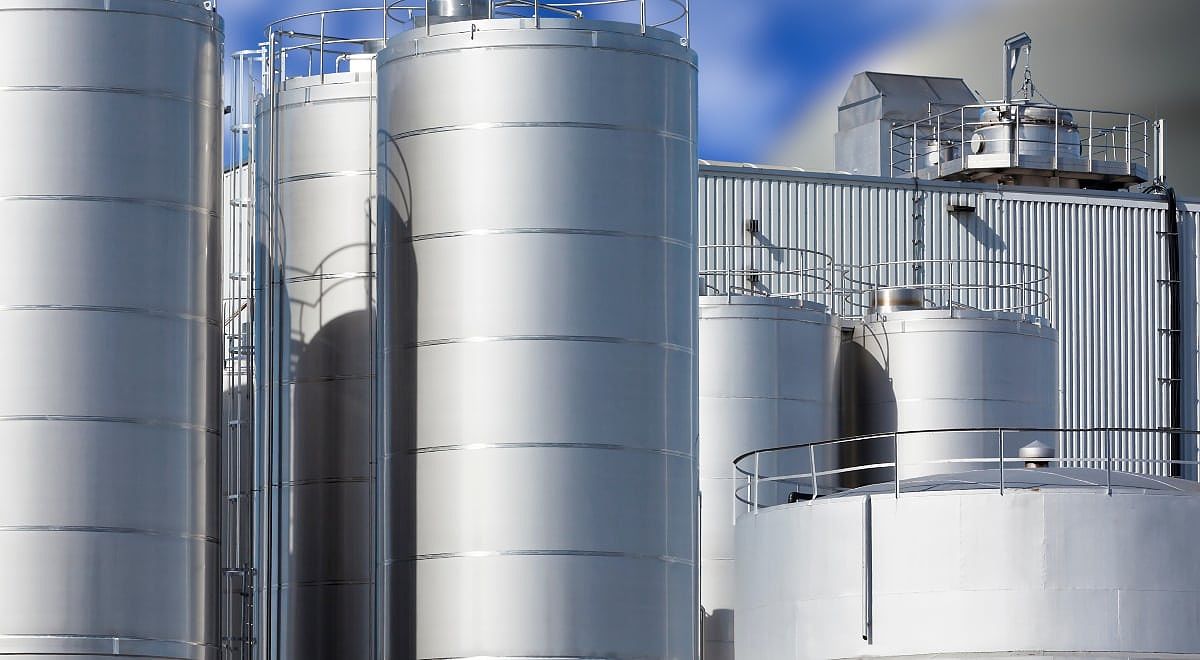Tech giant Meta has partnered with the Georgia Institute of Technology to develop a vast open dataset aimed at advancing AI solutions for carbon capture. The collaboration has resulted in the creation of OpenDAC, a comprehensive database that simplifies and accelerates the design and implementation of direct air capture technologies. By training an AI model using this database, researchers can quickly simulate different chemical reactions and identify materials that efficiently capture carbon under specific environmental conditions. This groundbreaking project has the potential to revolutionize climate solutions and accelerate the development of carbon capture technologies.
Advancing AI Solutions for Carbon Capture: Meta and Georgia Tech Collaborate on OpenDAC Project
Tech giant Meta has partnered with the Georgia Institute of Technology to develop a vast open dataset aimed at advancing AI solutions for carbon capture. The collaboration has resulted in the creation of OpenDAC, a comprehensive database that simplifies and accelerates the design and implementation of direct air capture technologies. By training an AI model using this database, researchers can quickly simulate different chemical reactions and identify materials that efficiently capture carbon under specific environmental conditions. This groundbreaking project has the potential to revolutionize climate solutions and accelerate the development of carbon capture technologies.
Simplifying Carbon Capture Design with OpenDAC
Carbon capture technology plays a crucial role in addressing global warming by capturing carbon dioxide directly from the air or industrial processes. However, designing effective carbon capture systems for different environments and locations is complex and time-consuming. To address this challenge, Meta and Georgia Tech have collaborated to create OpenDAC, a massive open-source database. This database aims to simplify and accelerate the design and implementation of direct air capture technologies.
By training an AI model using the OpenDAC database, the research team can simulate different chemical reactions more quickly. This allows them to identify materials that can efficiently capture carbon under specific environmental conditions, such as temperature, humidity, and air flows. The OpenDAC project has the potential to revolutionize climate solutions by providing engineers with a valuable tool for finding the right materials for carbon capture.
The Role of AI in Carbon Capture
Meta's Fundamental AI Research (FAIR) team actively seeks ways to leverage their machine-learning capabilities to address climate change. Recognizing the potential of direct air capture technology, the FAIR team joined forces with Georgia Tech to develop the OpenDAC project. This collaboration aims to advance AI-driven solutions for carbon capture.
By running quantum chemistry computations and generating a comprehensive dataset, the team created the OpenDAC database. Machine learning models were then trained on this dataset to enhance the efficiency and effectiveness of the carbon capture process. The OpenDAC project represents a significant step forward in advancing AI-driven solutions for carbon capture and has the potential to accelerate the development and deployment of carbon capture technologies.
Controversies and Challenges of Carbon Capture
While carbon capture solutions have the potential to reduce carbon dioxide emissions and mitigate the impact of climate change, they are not without controversies and challenges. Some applications of carbon capture, such as using captured carbon for enhanced oil recovery, raise concerns about potential negative impacts. Additionally, no carbon-capture technology is 100% efficient, meaning that some carbon dioxide may still escape into the atmosphere.
Despite these challenges, the collaboration between Meta and Georgia Tech represents a significant step forward in advancing AI-driven solutions for carbon capture. The OpenDAC project has the potential to accelerate the development and deployment of carbon capture technologies, providing a valuable tool for engineers and researchers working towards mitigating climate change.

